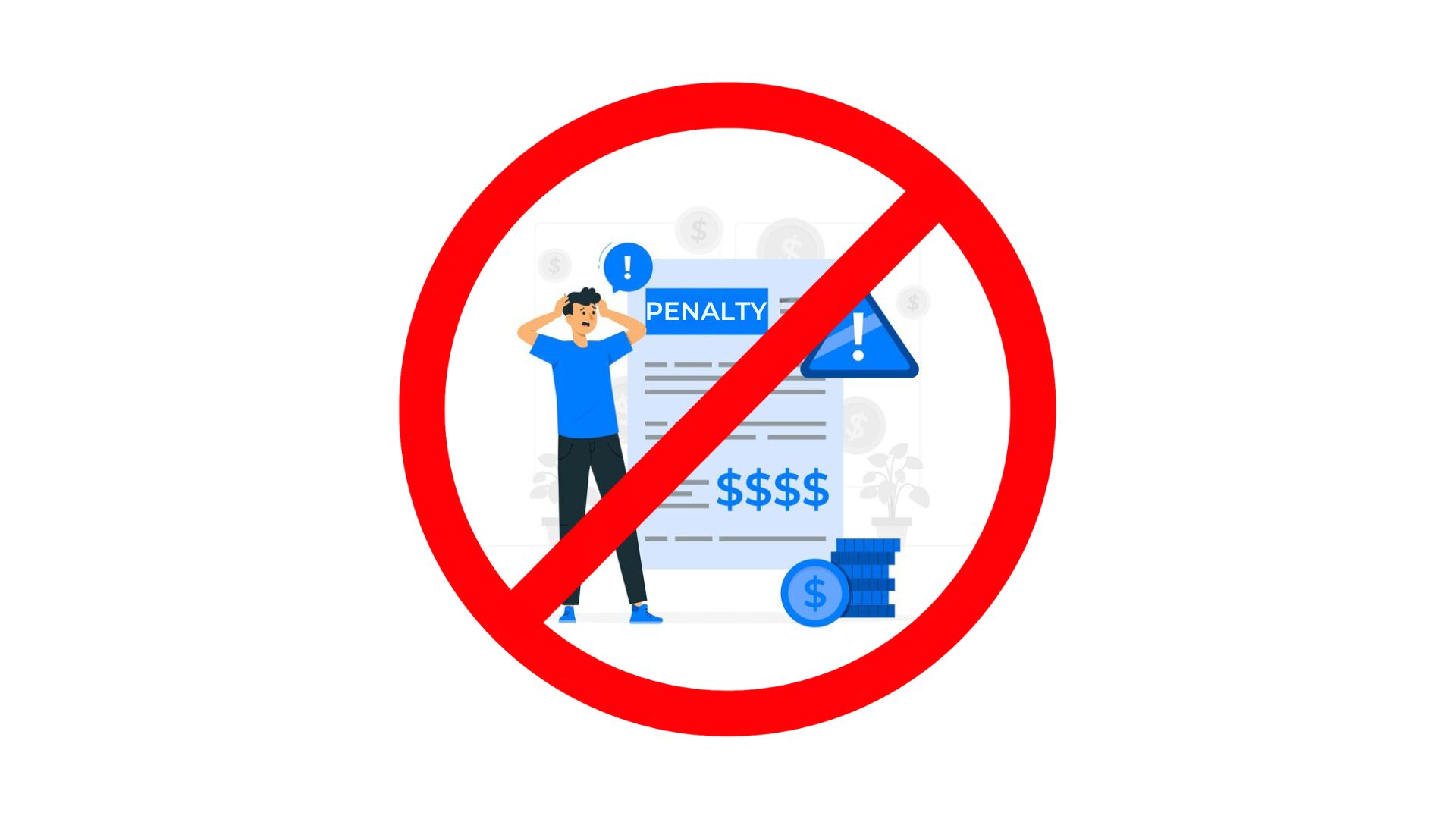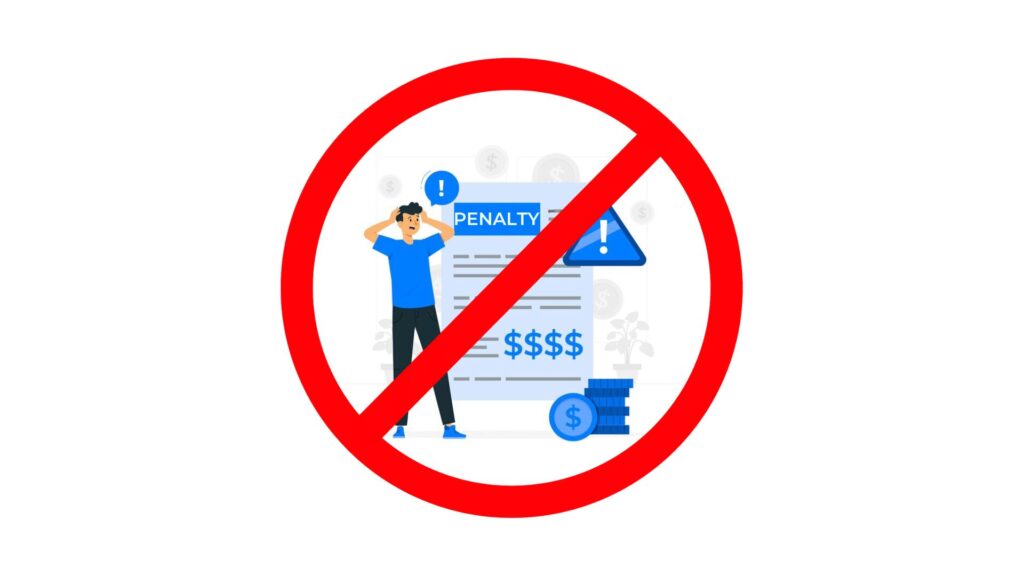
23 Apr Employees Penalty Demand Set Aside

Introduction
In a recent legal development, the Hon’ble Bombay High Court, in the case of Shantanu Sanjay Hundekari v. Union of India and Ors, rendered a crucial verdict concerning penalty demands against employees. The ruling not only sheds light on specific legal provisions but also addresses the fundamental rights and liabilities of individuals in corporate settings.
Facts of the Case
Shantanu Sanjay Hundekari, an employee of M/s. Maersk Line India Private Limited, found himself embroiled in a legal battle when allegations surfaced regarding tax irregularities. Serving as the Taxation Manager, Hundekari assisted Maersk in navigating the intricate landscape of taxation laws, including GST compliance. However, the Revenue Department, following an inquiry, alleged substantial misuse of Input Tax Credit (ITC) by Maersk, amounting to a staggering Rs. 1561 Crore.
Issue Raised
A significant issue arose concerning the imposition of penalties under Section 122(1A) of the CGST Act on employees who were not directly involved in the day-to-day operations of the company. The core question revolved around the extent of an employee’s liability in such matters and the interpretation of relevant legal provisions.
Court’s Ruling
In a comprehensive analysis, the Hon’ble Bombay High Court scrutinized the provisions of the CGST Act, particularly Section 122(1A), to discern the scope of penalties. The court underscored that penalties under this section are applicable only to taxable persons directly responsible for transactions and capable of retaining benefits. It emphasized that individuals not meeting these criteria cannot be subjected to penalties, thereby setting a significant precedent.
Conclusion
The ruling in Shantanu Sanjay Hundekari v. Union of India and Ors marks a pivotal moment in the realm of corporate liability and employee rights. By clarifying the applicability of penalties under the CGST Act, the court has provided much-needed clarity and protection to employees caught in the crosshairs of taxation disputes. This verdict underscores the importance of upholding individual rights and legal principles in corporate settings.


No Comments